In this episode of Coach2Scale, author, professor, and board advisor Rachel Pacheco joins host Matt Bonelli to unpack one of the most overlooked drivers of sales performance: meaning. Drawing from her research and experience working with fast-scaling startups and MBA students alike, Rachel challenges the myth that salespeople are only motivated by money or perks. Instead, she shows why helping reps find purpose in their day-to-day work leads to deeper engagement, higher productivity, and better retention, and why frontline managers have the greatest influence over that outcome.
You’ll hear practical ways to coach for meaning, how to deliver feedback that builds self-awareness and performance, and why micromanagement isn’t the real problem, meaninglessness is. Rachel shares coaching tactics for time-strapped managers, explains the risks of cookie-cutter motivation strategies, and outlines how structured 1:1s can become high-trust development conversations. Whether you're a CRO, frontline manager, or enablement leader, this episode will help you rethink how to build a culture where performance and purpose go hand-in-hand.
Key Takeaways
1. Meaning is a daily experience, not a grand purpose.
Most employees aren't searching for their “life’s purpose” at work; they’re looking for day-to-day meaning in their tasks, interactions, and progress.
2. Managers play a central role in helping reps find meaning.
It's a myth that meaning is personal and out of a manager’s scope; the way managers structure work, give feedback, and coach reps directly influences how meaningful their work feels.
3. Productivity increases when reps experience more meaning.
Research, including studies by Adam Grant, shows that employees who understand the why behind their work are not only more engaged but also more productive and resilient.
4. Motivation is personal and needs to be customized.
Not all reps are driven by competition or money; some value connection, stability, or mastery, and managers must learn what uniquely drives each individual.
5. Great coaching starts with structured autonomy.
Managers should set clear expectations and outcomes, then give reps the space to figure out the “how”; this autonomy fosters ownership, trust, and greater meaning.
6. Effective feedback is specific, timely, and impact-driven.
Generic praise (“Great job!”) is forgettable; meaningful feedback highlights what was done well, why it mattered, and how it helped the team or business.
7. Constructive feedback is a growth opportunity, not a threat.
Most employees want more feedback, even the tough kind, but managers often avoid it due to discomfort, missing critical chances to drive behavior change.
8. Curiosity is a manager’s superpower.
Asking thoughtful questions helps uncover what motivates each rep, what’s holding them back, and how to connect daily work to a more profound sense of purpose.
9. Coaching isn’t about giving answers; it’s about guiding reflection.
Coaching helps reps build self-awareness, clarify decisions, and reflect on their growth; it’s less about solving problems and more about building capability.
10. Don’t wait for better managers; teach your current ones how to coach.
Many frontline managers were promoted without training; they don’t lack intent, they lack tools. Organizations must invest in teaching them how to lead through coaching.
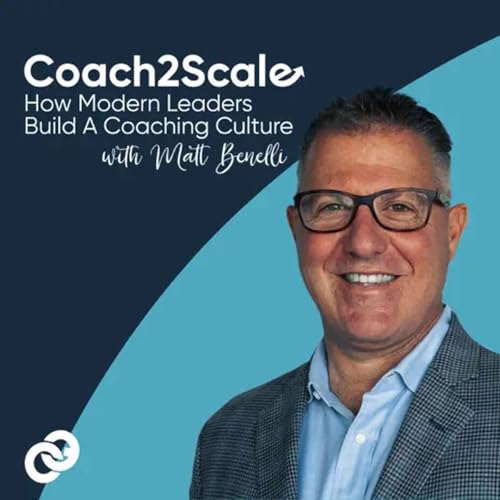 8 m
8 m 55 m
55 m 57 m
57 m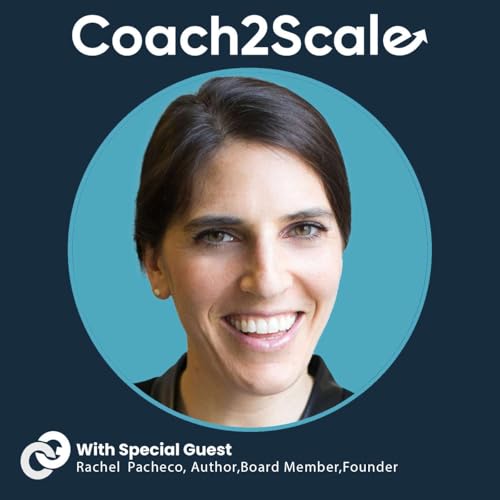 57 m
57 m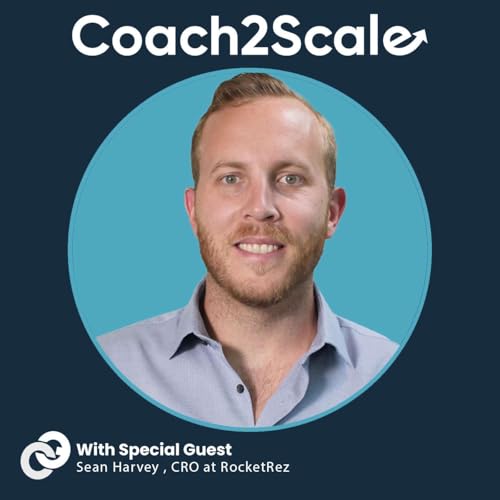 43 m
43 m Sep 2 202515 m
Sep 2 202515 m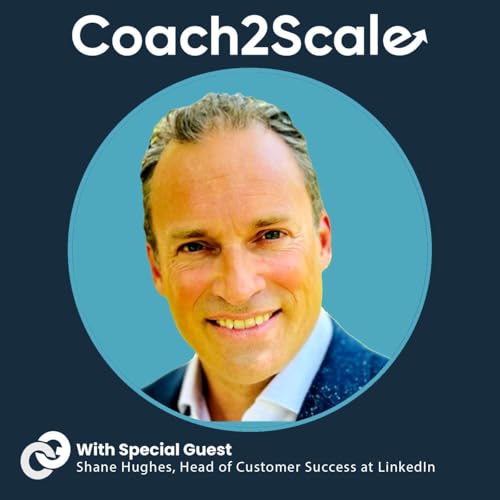 Aug 26 202543 m
Aug 26 202543 m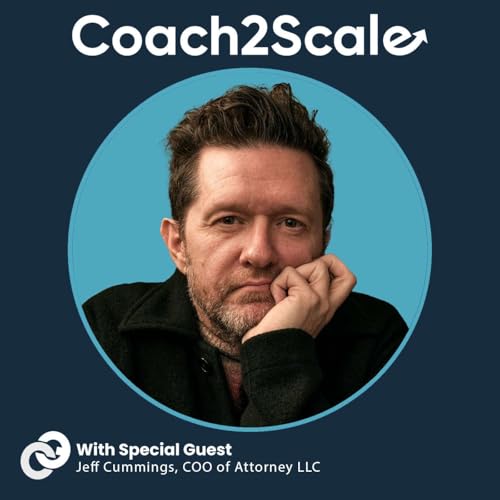 54 m
54 m
